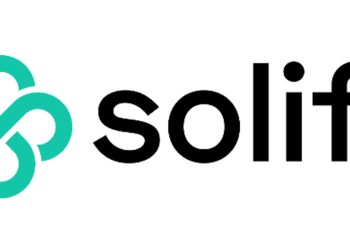Insurance is an essential safety net, yet many are being declined life-saving insurance policies because of incomplete or outdated data.
Under current insurance models, 20-30% of people who apply for insurance are denied coverage because insurers are only considering a small set of health data about applicants.
This means people with diabetes, for example, are quickly denied coverage without any consideration of their current health status, lifestyle choices, doctors visits, etc.
Having access to data about potential insurance clients is vital for insurers to provide the right policies that offer the best possible coverage, but data decays at an alarming rate. For example, every day almost 10,000 households move and there are 3,000 daily changes to the Postcode Address File, resulting in almost 20% of businesses losing a customer because of incomplete or inaccurate data.(1)
“Often, the data companies have access to is the unorganized raw material that needs to be cleaned, rationalized and transformed before it can be used to make decisions. Poor quality data can affect a company’s bottom line and limit their ability to create the right products for its customers. With better data you know how to price risk and be more competitive with your products.” – Traffk co-founder and CEO Paul Ford
Traditionally, insurance companies base new products off already existing ones while only analyzing about a dozen different data points.
Insurtech companies like Traffk have created cloud-based AI-assisted software solutions that can process 4,000 different kinds of data from 20 years of mortality, demographic, and health and government trends.
Correct data can help insurance companies price products more accurately, understand the demographics of who is ready to buy, and get a more accurate picture of risk. The right data used properly can also help insurance companies create better products that people actually need.
Insurance companies are starting to understand the advantages of using more data but they often stumble when it comes to how to best use it, prizing quantity over quality or putting together piecemeal programs.
Digitization means adopting new cloud-based, AI, and ML technologies into daily business practices in order to truly get the most out of the available data.
Traffk’s model places an emphasis on having correct, clean, necessary data to make the best decisions in a timely manner. This approach can work with any insurance carrier and incorporates agent input to help curate and design products ensuring that it is something policyholders need.
How can insurtech ensure better coverage for customers while increasing growth for the insurance industry? Paul Ford can speak to the following:
- How Insurtech can provide previously uninsurable Americans with a policy
- Advances in insurance technology
- How outdated and obsolete actuarial tables used by legacy companies are costing them millions of dollars.
- The future and the “new normal” of the insurance industry
- How smaller companies and start-ups are leaving big legacy companies in the dust
About Traffk
Traffk is an innovative insurance underwriting and distribution platform designed to build and launch modern insurance products and brands that scale. With more than 25 years of combined leadership in insurance and AI, Paul Ford and Glen Hibler co-founded Traffk as a solution to the problems of inefficient, assumption-based underwriting and slow processing in the insurance industry. Traffk’s goal from the start has been to comprehend the risks and modernize the insurance underwriting process by leveraging modern-day tools. Traffk enables risk bearers to leverage the underwriting process with its data-enrichment technology and integrates and analyzes data to glean insights pertinent to insurance. Traffk works with agents as partners, providing them with the digital tools to work with an efficient sales process and engage consumers with a fast, accurate process for insurance policies, changing the insurance landscape for the better, forever. Visit https://www.traffk.com/.





